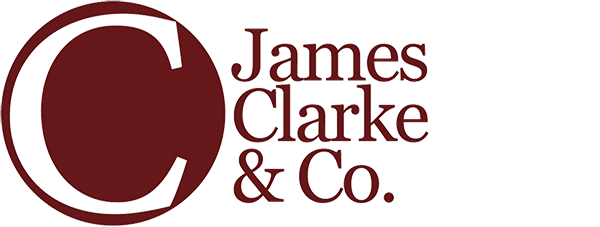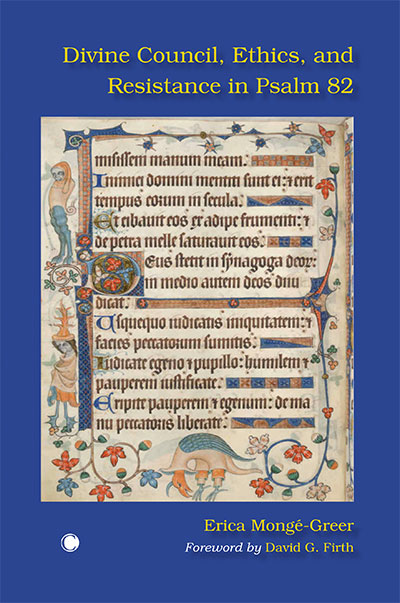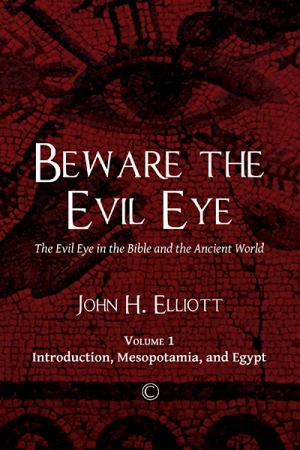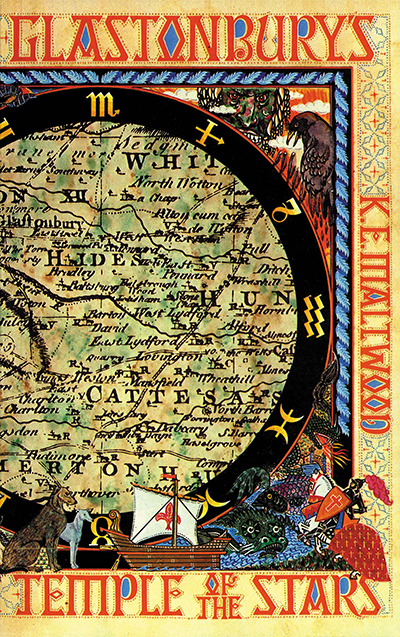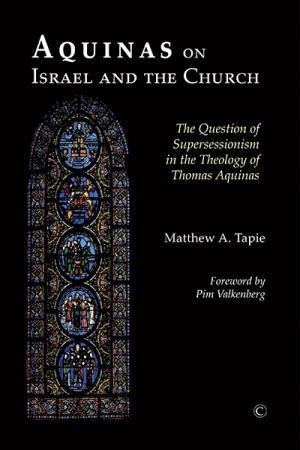Description
Psalm 82 can often be overlooked as simplistic, confusing, or out of place. With an understanding of ethical liturgy, Monge-Greer illuminates this mythopoeic psalm as a deeply sophisticated, prophetic summons to actively embrace justice for the poor, marginalised, and disenfranchised in our communities. Monge-Greer’s interpretation provides a new opportunity for biblical study of this psalm, offering clarity and relevance to this heavily discussed psalm.
Divine Council, Ethics, and Resistance in Psalm 82 explores the origins of the Psalm, its use as liturgy in early Israelite cultic practice, and its reception as resistance literature in the Second Temple period. By examining the historical usage of the psalm, Monge-Greer reveals to the reader how Psalm 82 can be used to inform their own lives and actions. Divine Council, Ethics, and Resistance in Psalm 82 is a new approach for biblical scholars, historians, and those seeking justice in the everyday.
About the Author
Erica Mongé-Greer holds a PhD in divinity and specialises in biblical ethics and ancient Near Eastern religious texts. She is a Hebrew Bible and Old Testament adjunct professor whose research explores the relationship between mythology and culture.
Contents
Foreword by David G. Firth
Preface
Acknowledgements
Abbreviations
1. Current Approaches to Psalm 82
2. Psalm 82 – A Textual Study
3. Mythopoeia and Myth in Psalm 82
4. Poverty Centered Language in Psalsm 82
5. Justice Centered Language in Psalm 82
6. Psalm 82 and Psalmic Hermeneutics
7. Ambiguity as Means for Resistance
8. Conclusions
Bibliography
Endorsements and Reviews
You may have been puzzled by Psalm 82. It’s an extraordinary psalm! Erica Mongé-Greer has written an extraordinary study of it, in which she looks at the psalm from all sorts of interesting and thought-provoking angles. Her study might even push you into doing something about the powerless rather than being the kind of person that the psalm confronts.
John Goldingay, Professor Emeritus of Old Testament, Fuller Theological Seminary
In Erica Mongé-Greer’s splendid new book, she carefully yet creatively reveals how Psalm 82’s ambiguities and complexities have a polysemous ethical function. The psalm plays richly and fruitfully in the imagination of the individual and community as it is liturgically employed. In the end, with the elohim of verse 1, all those who use the psalm are called to account for injustice. This is a must-read for scholars of the psalms and all who seek justice in the name of the God who governs the divine assembly.
Helen Paynter, Director, Centre for the Study of Bible and Violence, Bristol Baptist College
A monograph that brings together profound scholarship and a deep desire to demonstrate that Scripture speaks into current conversations outside the academy about the ethical use of power. Erica Mongé-Greer convincingly reinstates Psalm 82 as an important text whose profound concern for justice exemplifies the wider Psalter’s blending of deep piety and heartfelt praise with a yearning for YHWH to redress the injustices inflicted upon the powerless by the powerful.
Peter Hatton, Coordinator of Theological Education, Bristol Baptist College
